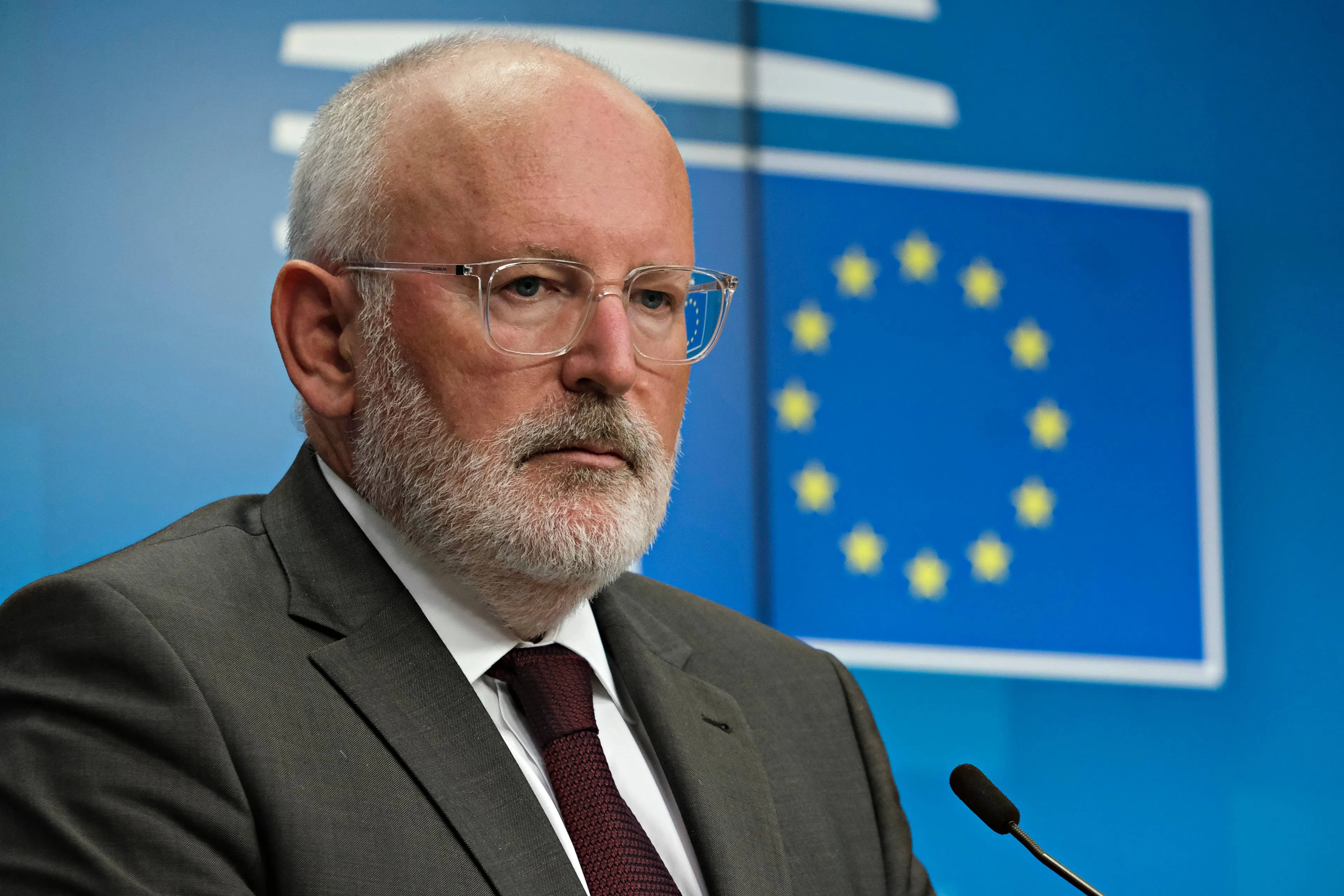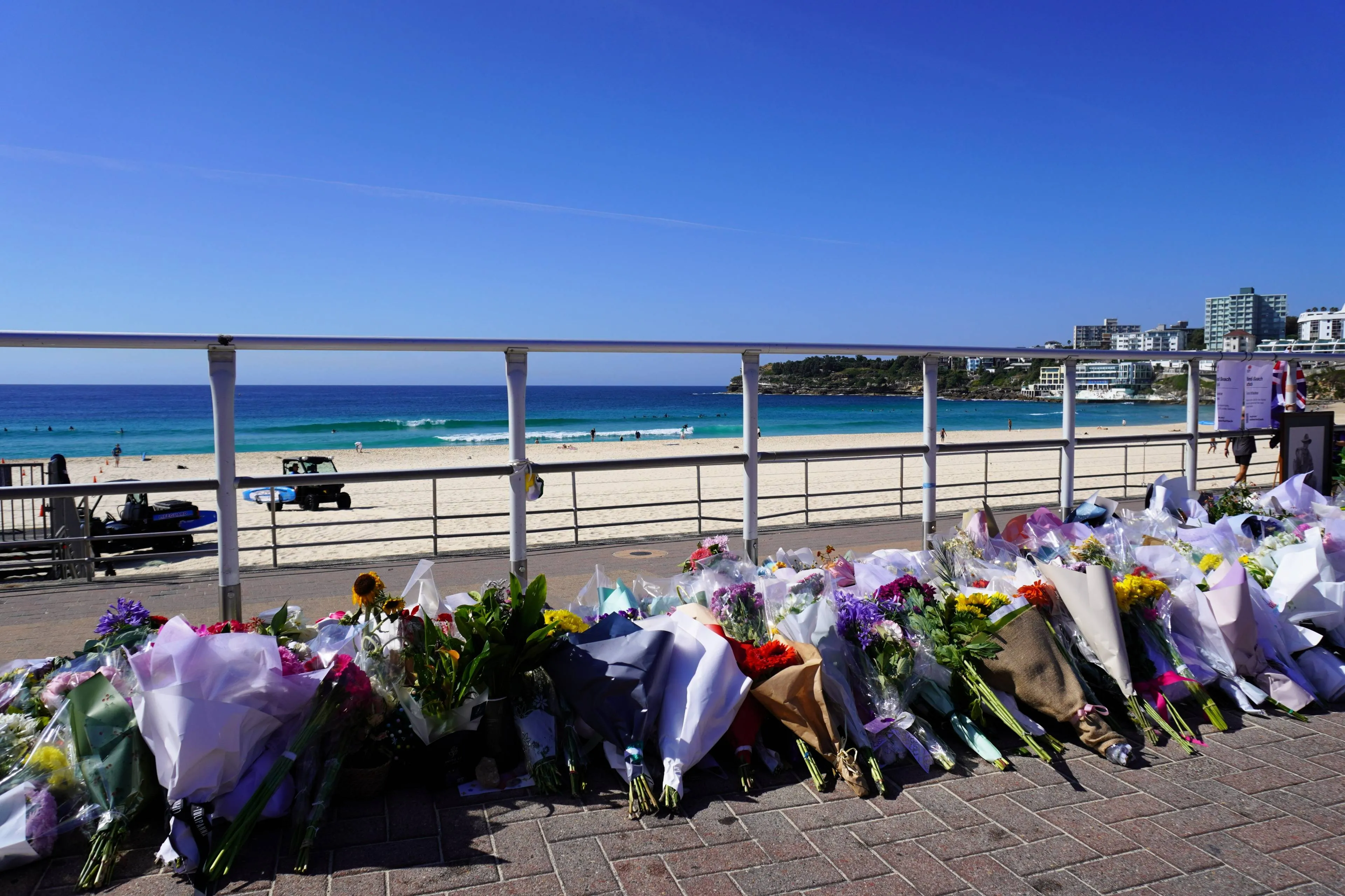Het uur der waarheid nadert voor windenergie
EU wil af van subsidies op duurzame energie.
Onder de titel, 'Europe wants to block UK wind farm subsidies', rapporteerden James Kirkup en Bruno Waterfield in de Britse 'Telegraph':
European climate action commissioners say state aid for renewable technologies should be phased out by the end of the decade.
The commission is expected to announce the results of a review of support for renewable energy as soon as later this month.
The European Commission is to order Britain to end wind farm subsidies.
Officials have told ministers that the current level of state support for renewable energy sources must be phased out by the end of the decade.
Taxpayer support for solar energy must also be cut, the commission will say.
The commission, which oversees the European single market, is preparing to argue that the onshore wind and solar power industries are mature and should be allowed to operate without support from taxpayers. Under the single market rules, European Union governments are forbidden from providing long-term state aid to domestic industries that can function without support.
A Government source said European officials have privately warned ministers that they must reduce public support for onshore wind and solar generators.
The commission has been making pretty clear that its moving towards saying that these industries are mature and state aid wont be allowed, he said.
Although Conservative ministers sometimes criticise the EC for its interference in domestic matters, they are understood to be keen to cooperate in the case of renewable energy subsidies.
I never thought Id say this but the commission is absolutely right about this, a Conservative minister said.
Its absurd that taxpayers are being made to subsidise wind technology.
The operators of onshore wind turbines get subsidies that increase the price they are paid for the power they generate.
Wholesale energy prices are typically about £55 for a megawatt hour of power. But onshore wind generators are paid about £90. Ministers have started reducing those subsidies, cutting tariffs applied to household bills and slashing guaranteed prices for onshore wind.
But pressure from the EC is expected force the Coalition to introduce a less generous system of support for onshore wind and solar power.
That new regime, which could be in place in less than two years, will see wind farm operators competing with each other for a share of a reduced pool of public subsidies. Ed Davey, the Energy Secretary, said earlier this month he was preparing to announce that onshore wind and solar farm developers would be forced to compete to secure government subsidies.
The commission is expected to announce the results of a review of support for renewable energy as soon as later this month.
Despite British enthusiasm for reducing subsidies, politicians in other EU states may resist pressure to withdraw public support for renewables.
Connie Hedegaard, the EUs climate action commissioner, said the eventual aim was the end of state aid for wind power. One of the things Europe has to do better is how we subsidise renewables, she said. ...
Lees verder hier.
Er is nog veel onzeker. Krijgt de Europese Commissie bijvoorbeeld genoeg steun van de lidstaten om deze voorstellen aanvaard te krijgen? Ik vermoed dat landen als Engeland en Duitsland stiekem blij zullen zijn, want dan kunnen ze 'Brussel' de schuld geven van de broodnodige herziening van hun huidige krankzinnige energiebeleid, waar ze politiek gezien erg mee in hun maag zitten.
Dan rijst de vraag hoe lang de uitfasering van energiesubsidies moet plaatsvinden en of verplichte voorrang en terugkoop boven de marktprijzen van duurzame energie (feed-in) daar ook onder valt. Het lijkt mij wèl, gezien de recente prejudiciële uitspraak van het Europese Hof dat deze onwettig zijn.
De vraag is ook of deze vorm van steunverlening in het licht van deze uitspraak niet onmiddellijk zou dienen te worden beëindigd dus niks geen uitfaseren over een langere periode. Het gaat hier dus om onwettige subsidiëring. Terugbetaling daarvan zou voor de hand liggen. Maar ik vrees dat dan de hel losbarst.
Wat zouden overheden nog kunnen verzinnen om de zaak te saboteren? Beëindiging van subsidies en in plaats daarvan de rekening doorschuiven naar de verbruikers? Dan komt men van de regen in de drup.
Hoe het ook zij, als dit allemaal doorgaat, betekent dit een dramatische verandering van de business case voor duurzame energie, waarbij vele producenten waarschijnlijk zware verliezen zullen moeten incasseren en het loodje zullen leggen. Vooruitlopend daarop zullen waarschijnlijk vele investeringsplannen in duurzaam worden afgeblazen.
De plannen van de Commissie zijn ongetwijfeld een stap in de goede richting, maar vormen nochtans ook een afschrikwekkende illustratie van overheidsgeklungel. Decarbonisering en de bevordering van duurzame energie om de planeet te redden van die vreselijke antropogene opwarming (die maar niet wil komen), stonden jarenlang hoog op de Europese agenda. Europa pretendeerde ter zake een voortrekkersrol in de wereld te spelen. Met het beleidsvoornemen om de subsidiëring van duurzame energie af te bouwen, is decarbonisering nu gezakt in de pikorde van Europese prioriteiten.
Deze plannen, die op zich de goede kant op gaan, laten dus een bittere smaak van onbehoorlijk openbaar bestuur na. Anders gezegd: ze hebben er een puinhoop van gemaakt. Degenen die daarvoor primair verantwoordelijk zijn, waaronder Barroso en Hedegaard, zouden daaruit de politieke konsekwenties dienen te trekken. Het zou mij overigens verbazen als dat zou gaan gebeuren. Majeure incompetentie lijkt tegenwoordig geen reden meer voor aftreden.
Voor mijn eerdere DDSbijdragen zie hier.
Ga verder met lezen
Dit vind je misschien ook leuk
Laat mensen jouw mening weten
Lees ook
Loading


